Lotus
Stamens
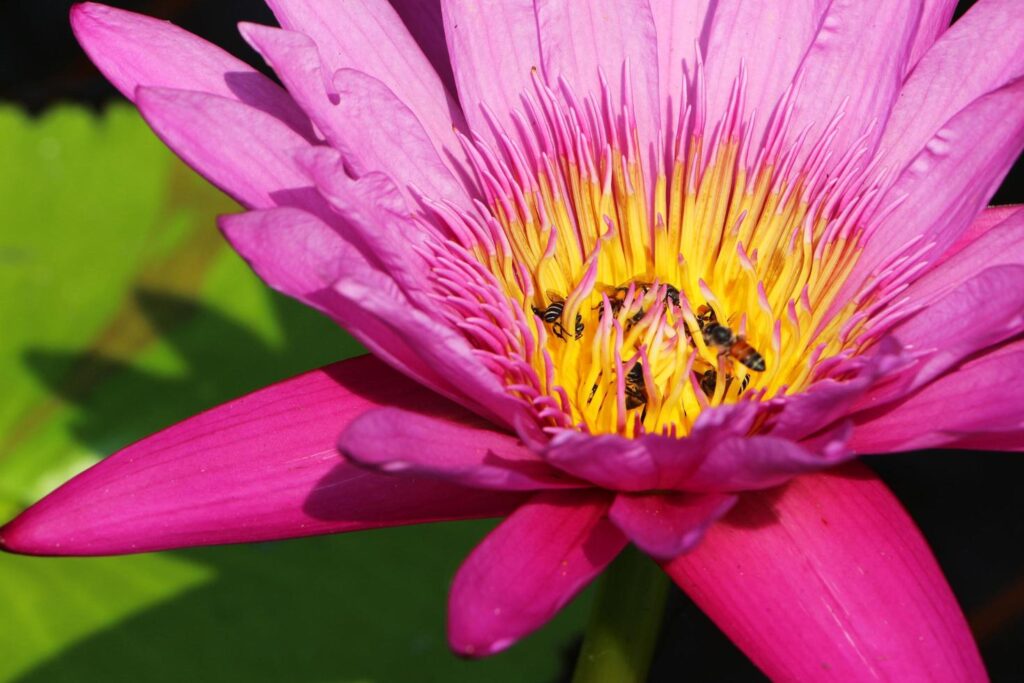
Lotus Stamens are the reproductive parts of the lotus flower, known for their delicate structure and unique properties. The lotus is a symbol of purity and enlightenment in various cultures and is used in traditional medicine for its health benefits. The stamens are valued for their therapeutic and spiritual significance.
1. Size:
- The stamens of the lotus flower are slender and elongated, typically measuring 1 to 2 inches (2.5 to 5 cm) in length.
- They are part of the larger lotus flower, which can have a diameter of 6 to 12 inches (15 to 30 cm).
2. Color:
- The stamens are usually yellow or golden, complementing the colors of the lotus flower.
- They may have a subtle sheen or luster, adding to their visual appeal.
3. Texture:
- The stamens are smooth and fine, with a delicate, thread-like texture.
- They are lightweight and airy, contributing to the overall elegance of the lotus flower.
4. Fragrance:
- Lotus Stamens have a mild, sweet fragrance that is less pronounced than the flower itself.
- The aroma is gentle and soothing, often used in perfumery and aromatherapy.
5. Uses:
- Traditional Medicine: Lotus Stamens are used in traditional medicine to support cardiovascular health, improve circulation, and enhance overall well-being.
- Culinary: They are sometimes used in culinary applications for their subtle flavor and aesthetic appeal, particularly in Asian cuisine.
- Beauty Products: The stamens are included in skincare products for their soothing and hydrating properties.
6. Habitat:
- Lotus plants thrive in shallow, stagnant water with plenty of sunlight, typically found in ponds, lakes, and water gardens.
- They are native to tropical and subtropical regions, including parts of Asia and Africa.
7. Cultural Significance:
- The lotus is a symbol of purity, enlightenment, and rebirth in various cultures, including Hinduism and Buddhism.
- Lotus Stamens are often used in spiritual practices and rituals to promote mental clarity and spiritual growth.
Spiritual Properties
- Purity and Enlightenment: Lotus Stamens are believed to represent purity and spiritual enlightenment. They are used in rituals to enhance spiritual awareness and personal growth.
- Harmony and Balance: The gentle fragrance and delicate nature of the stamens are thought to promote harmony and balance in one’s life, contributing to a sense of inner peace.
Medicinal Properties
- Cardiovascular Health: Lotus Stamens are used to support heart health, improve circulation, and regulate blood pressure.
- Anti-inflammatory: The stamens have anti-inflammatory properties that can help reduce inflammation and support overall health.
- Digestive Health: They are also used to alleviate digestive issues, including bloating and discomfort.
Adverse Actions & Side Effects
- Sensitivity Reactions: Some individuals may experience allergic reactions or sensitivities to Lotus Stamens, particularly in high doses or concentrated forms.
- Interaction with Medications: Lotus Stamens may interact with certain medications, especially those affecting cardiovascular health. Consultation with a healthcare provider is recommended.
Side Effects:
- Gastrointestinal Discomfort: Excessive use of Lotus Stamens may lead to mild gastrointestinal discomfort, such as nausea or upset stomach.
- Headaches: In some cases, the use of Lotus Stamens may cause headaches or dizziness.
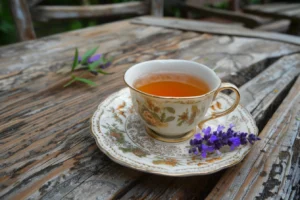
Chamomile & Lavender Calming Tea
Chamomile & Lavender Calming Tea A soothing blend designed to promote deep relaxation and emotional healing, making it an ideal remedy to unwind after a
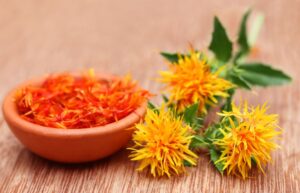
Safflower
Safflower Safflower is a vibrant herb known for its bright yellow, orange, or red flowers, which are harvested for their seeds and petals. The plant

Lemon Balm & Honey Healing Cookies
Lemon Balm and Honey Healing Cookies These light and flavorful cookies offer a perfect way to relax and soothe the spirit while enjoying a delicious
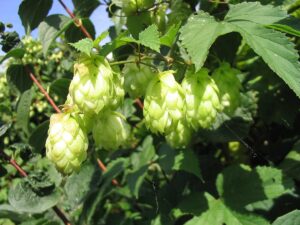
Hops Flowers
Hops Flowers Hops flowers are known for their distinctive appearance, fragrance, and various applications, particularly in brewing and herbal medicine. The cone-shaped flowers, harvested from
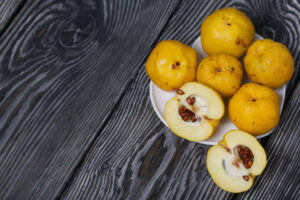
Quince Seeds
Quince Seeds Quince (Cydonia oblonga) is a deciduous tree that produces pear-shaped, aromatic fruits. The seeds of the quince fruit are small, brown, and glossy,
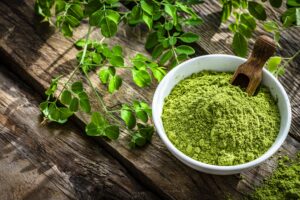
Moringa Leaf Powder
Hibiscus Flowers Moringa (Moringa oleifera), often referred to as the "Miracle Tree," is a highly nutritious plant native to the Indian subcontinent and parts of